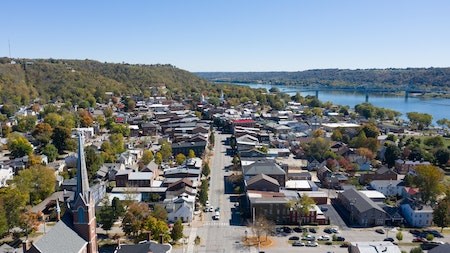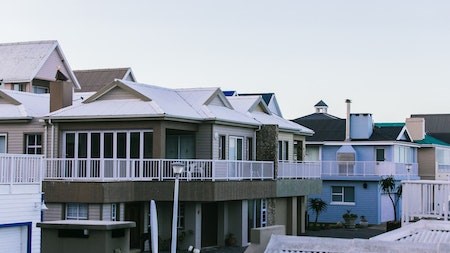According to the latest Property Insights note by John Loos, Property Sector Strategist at FNB Commercial Property Finance, commercial property brokers have perceived recent improvement in the balance between demand and supply in all three commercial property classes in ratios.
Industrial property is the one class where demand by far exceeds supply.
In the report, market strength refers to a relatively strong demand level relative to supply, with the opposite holding true for market weakness. The questions put to the brokers include estimates of average times of properties being on the market before selling, as well as perceptions of whether demand exceeds supply or vice versa.
Key findings
Some of the key findings of the report are:
The industrial property market is still perceived to be the strongest of the three major commercial property sectors, with retail and office markets lagging behind.
Demand is perceived to significantly exceed supply in the industrial market, whereas there is an ongoing oversupply of property compared to demand in the retail and office property classes.
The relative market strength in industrial property appears to lie in the three coastal metros - eThekwini, Nelson Mandela Bay and Cape Town. In contrast, Gauteng’s Greater Johannesburg region remains the weakest by a significant margin.
All major metro regions are perceived to be heavily oversupplied for office property, but the City of Cape Town is perceived to be the least affected.
Since demand for industrial property is perceived to exceed supply significantly, Loos expects that this market will return positive real (inflation-adjusted) growth in capital.
Near-term capital growth for the retail and office property markets is less promising - especially offices. For both classes, the higher interest rates, along with a slowing economy, may soon begin to further soften demand. This can cause their market balances to remain weak in 2023.
Challenges
Loos says the office market has the most significant longer-term challenges, with weak employment growth numbers in key services sectors hampering its demand growth.
“In addition, greater levels of remote working and improved desk utilisation compared to pre-lockdown levels also constrain demand for office space, hampering the appeal of this property class.
“At the strong end of the spectrum, industrial property benefits from a gearing up for greater online retail and all the warehousing and logistics requirements that this brings.”
Regions
“At a major metro region level, the second half of 2022 continued to reflect what we have been expecting for some time. This is that sentiment for businesses and households is the most positive in the Western Cape region. This is shown in the marked influx of skilled labour to that region, making it the most likely candidate for economic and property market outperformance.”
The Western Cape returned the strongest perceived demand-supply balances in the office and retail markets in the second half of 2022 and the second-strongest reading in industrial property.
The Greater Joburg region returned the weakest readings in all three markets.
Expectations
There is some question as to whether demand-supply balances can continue to strengthen in the major commercial property markets in 2023.
“We believe it’s likely that this progress could stall, with a slower economy expected in 2023 compared to 2022,” says Loos.
“The global economic slowdown is expected to exact a toll on the SA economy in 2023 through the country’s trade with the rest of the world. In addition, the impact of SA’s own interest rate hiking still has to be fully felt in 2023.
“Then there’s the ongoing electricity crisis, as the current rate of load shedding is not expected to diminish soon. This has further economic growth implications, all of which feed through to the property market and investment demand,” says Loos.
Writer : Sarah-Jane Meyer





